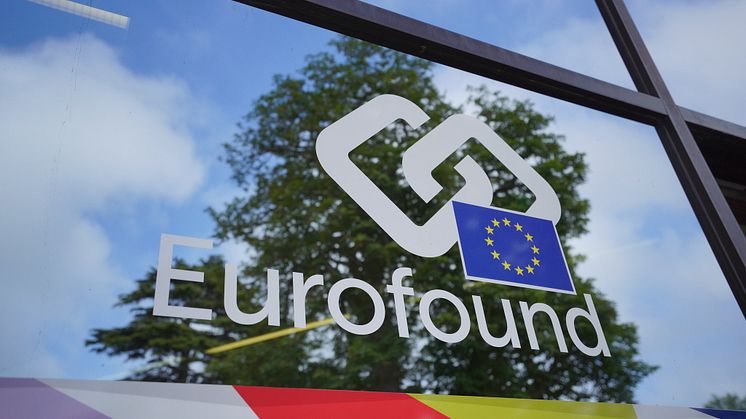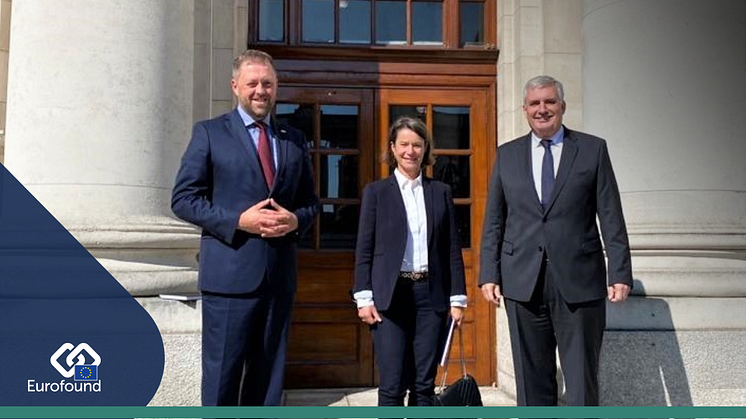COVID-19 triggered important changes in working time, but overall trends appear the same
Despite economic restrictions significantly reducing working time in a number of sectors in Europe, overall trends do not fully reflect this due to the polarisation of working time in different sectors; with some workers left with little to do due to restrictions, and others facing burnout due to long working hours and arduous demands.




















